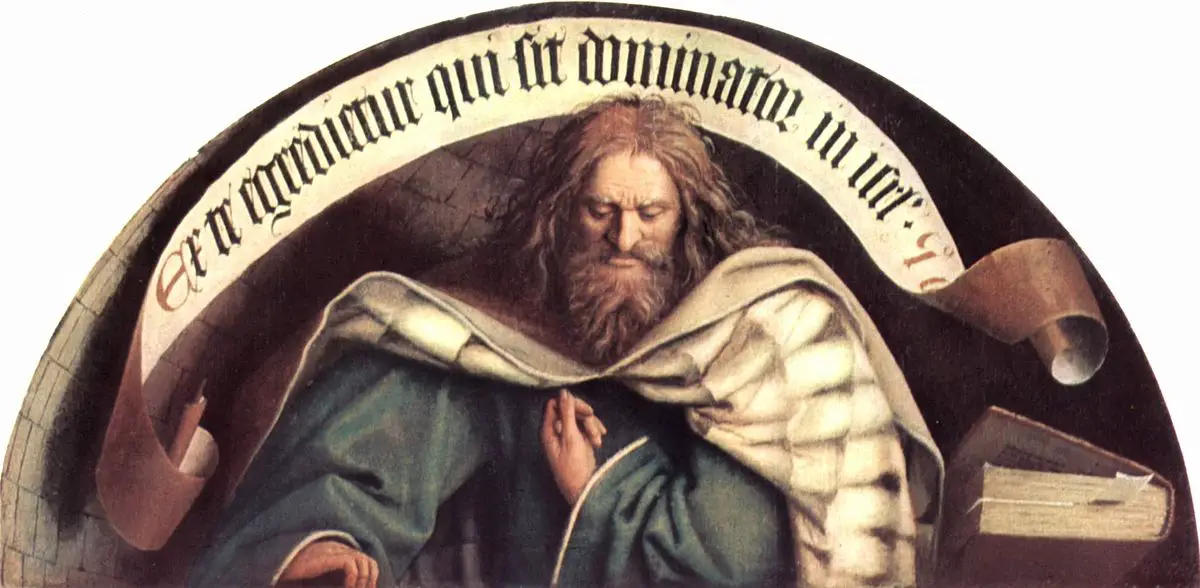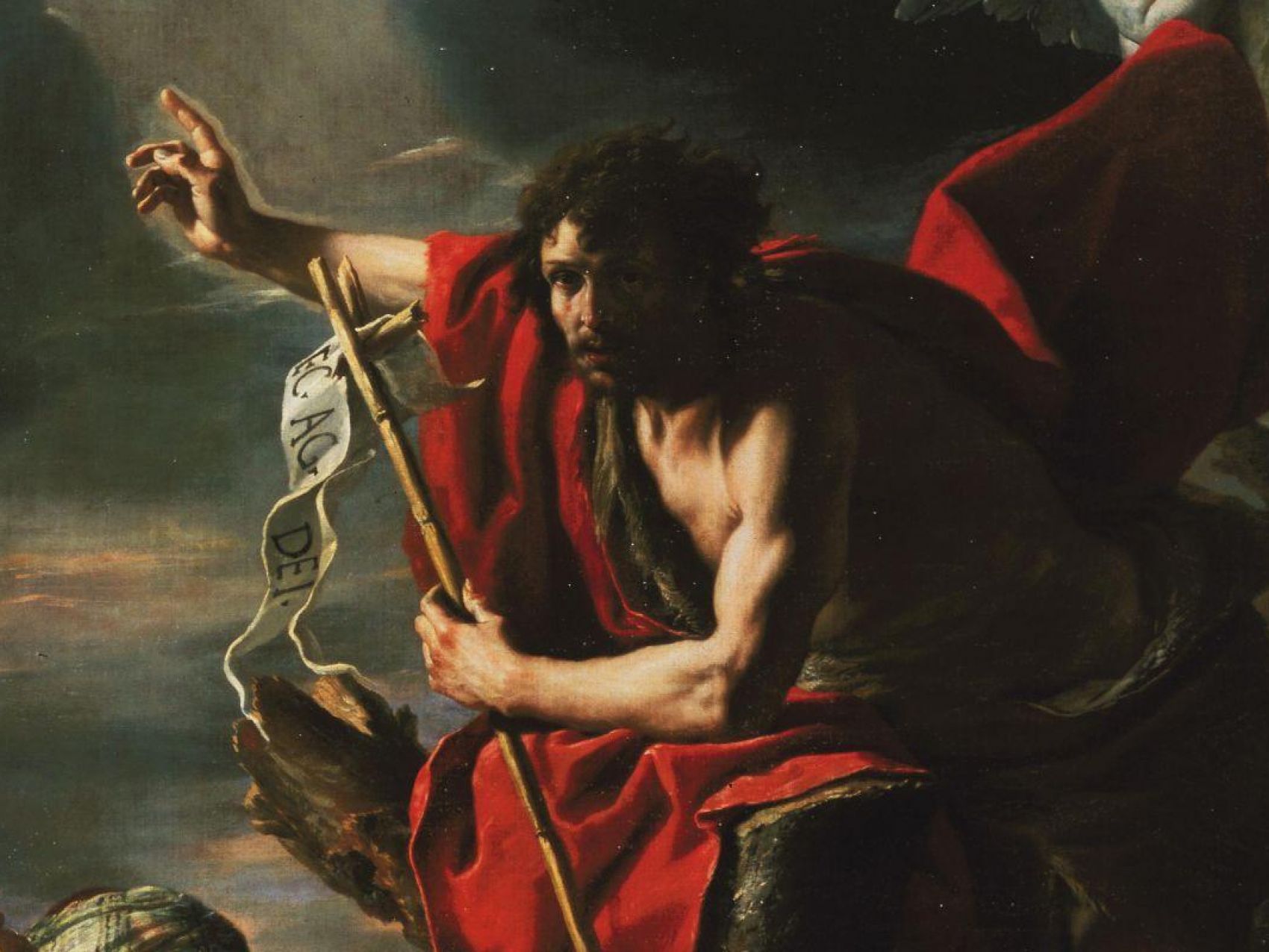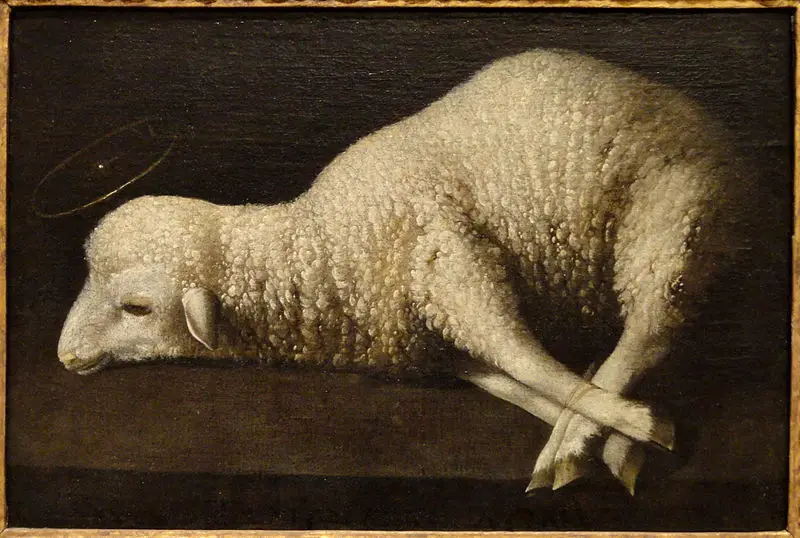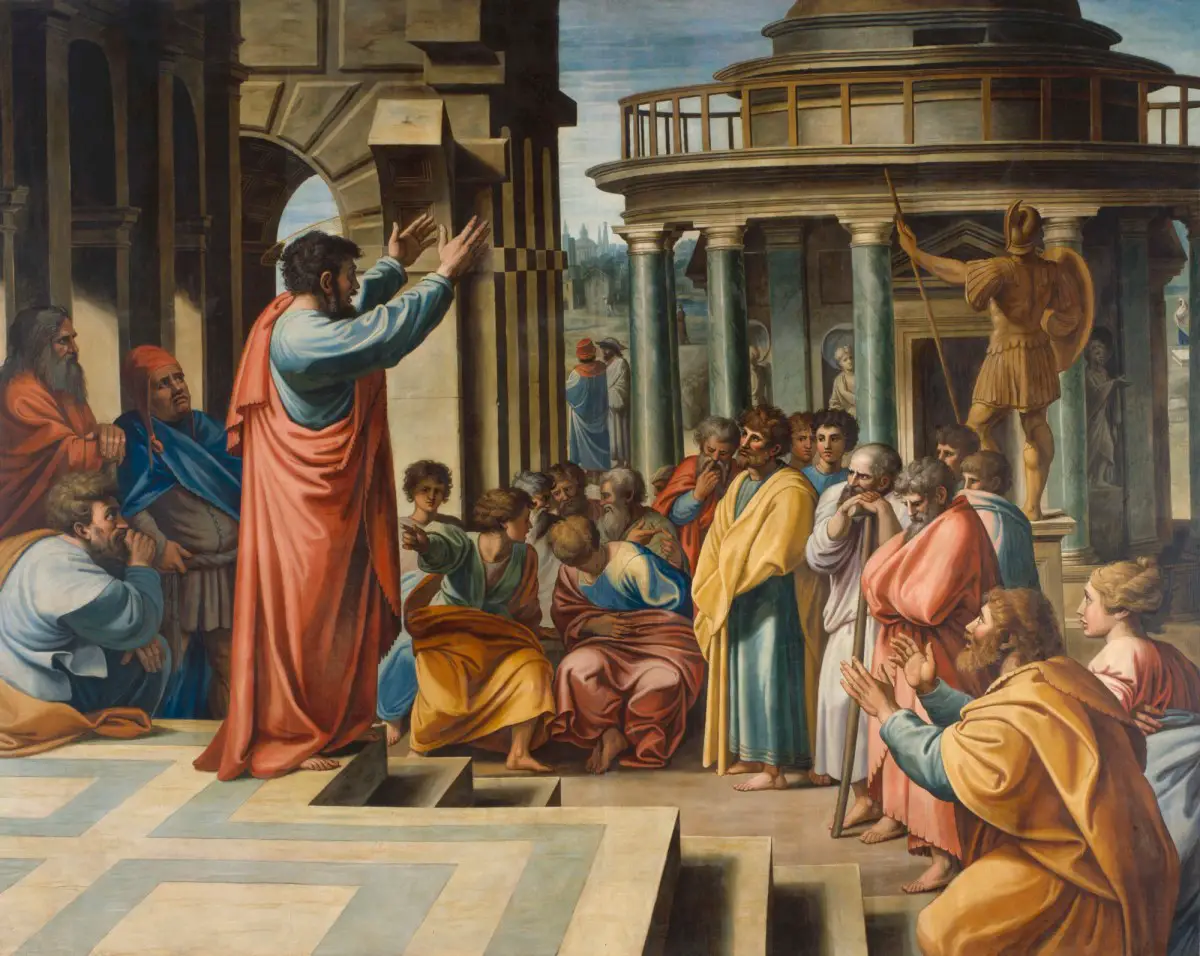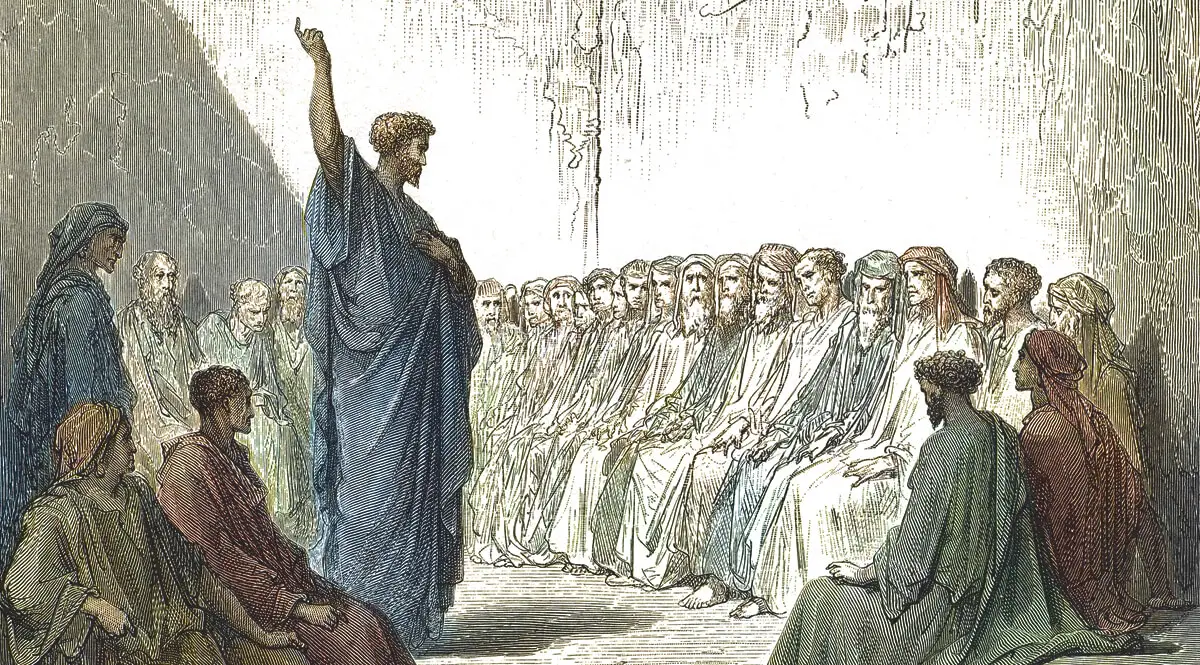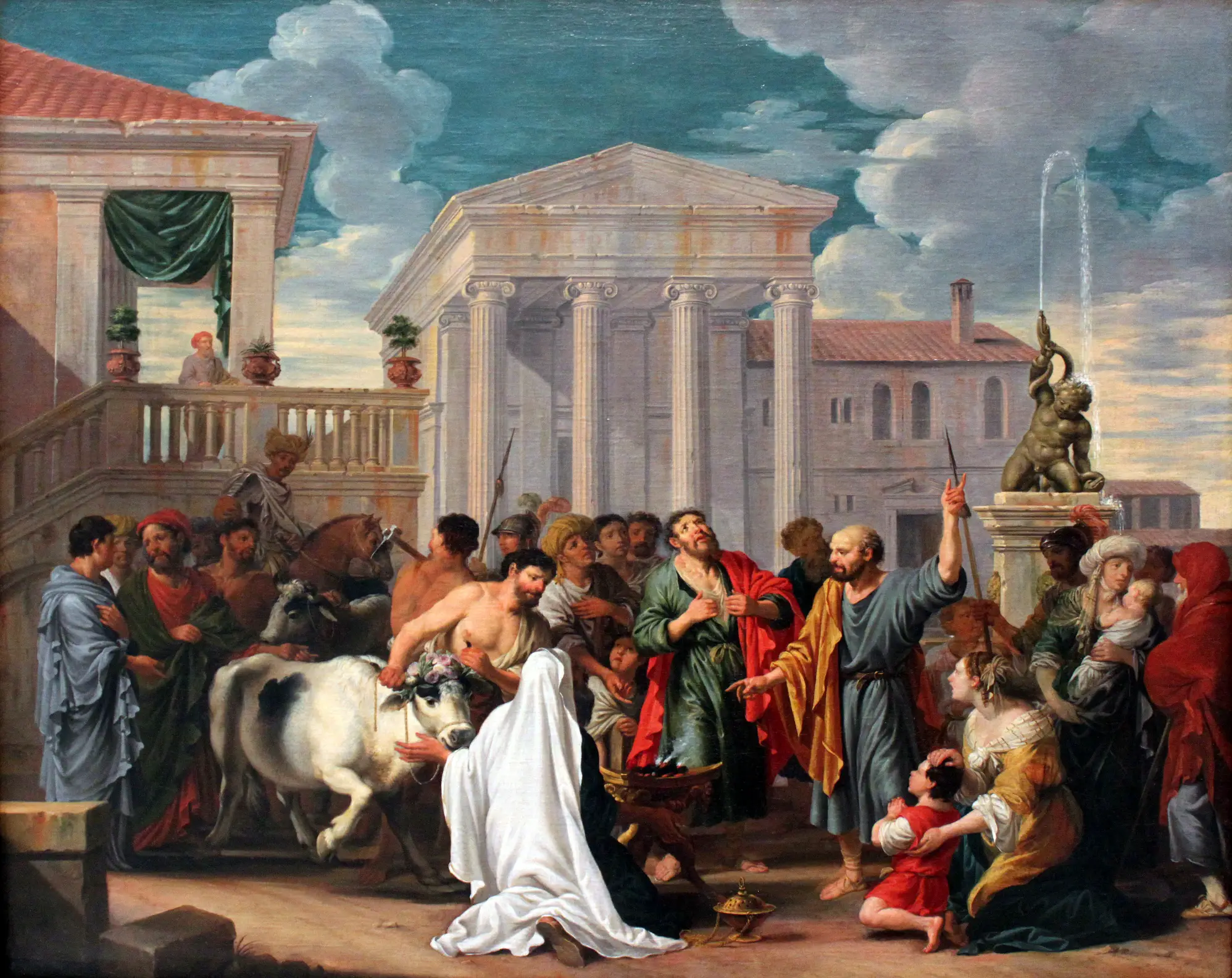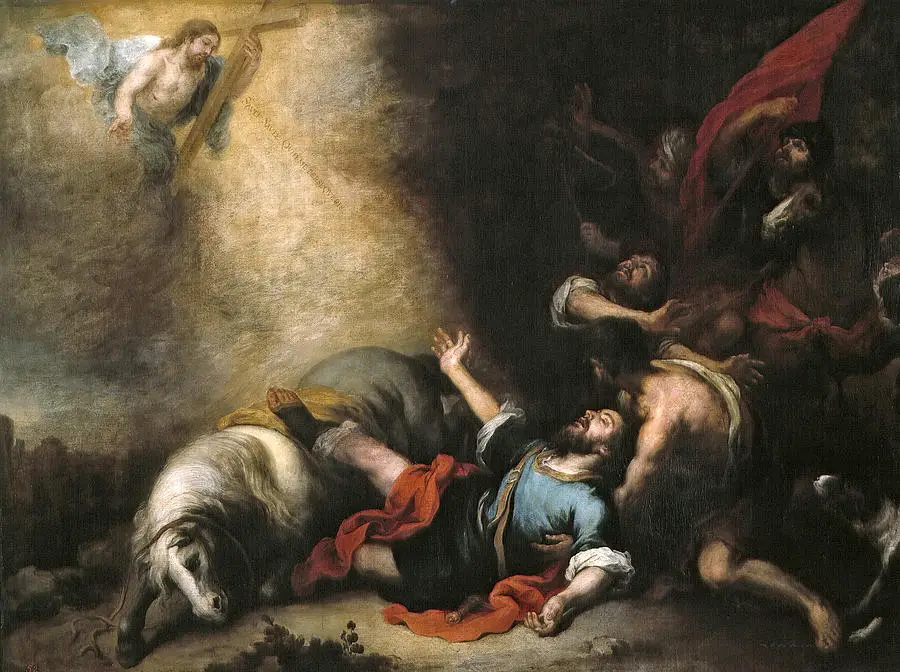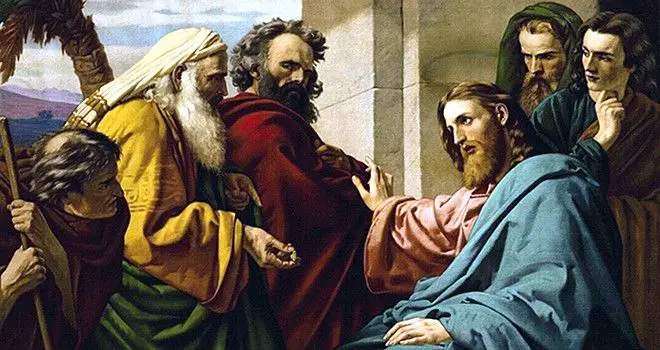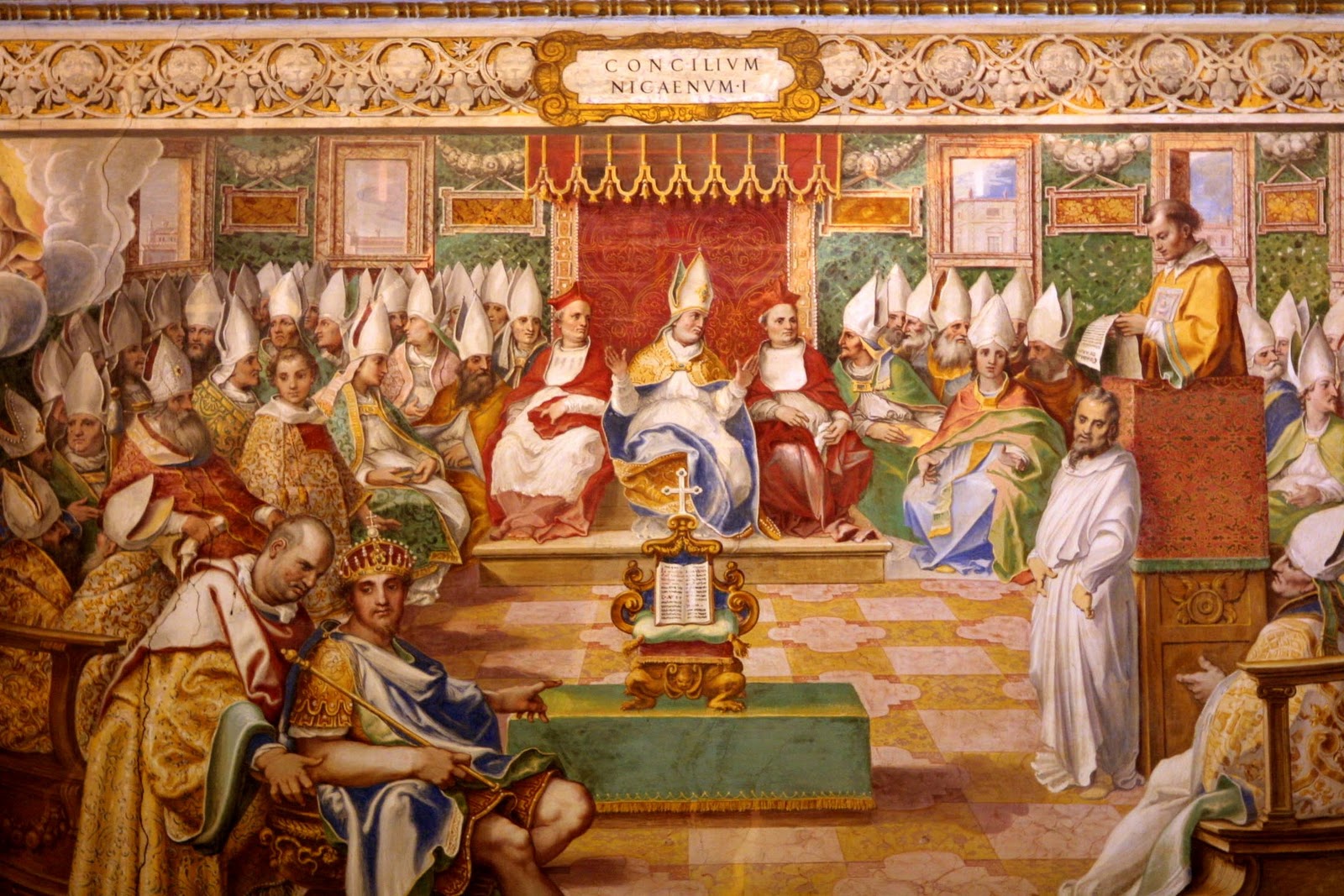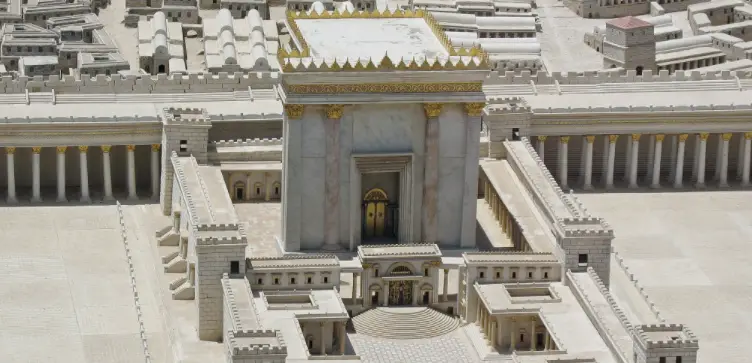Did Micah Prophesy That Jesus Preexisted?
There are a handful of passages that some point to in an effort to prove that Jesus preexisted as God in heaven. One of those verses appears in the book of Micah: Micah 5:2 (NASB) "But as for you, Bethlehem Ephrathah, too little to be among the clans of Judah, from you One will go forth for Me to be ruler in Israel. His goings forth are from long ago, from the days of eternity."Jerusalem was going to muster troops to fight Assyria, but God took…
